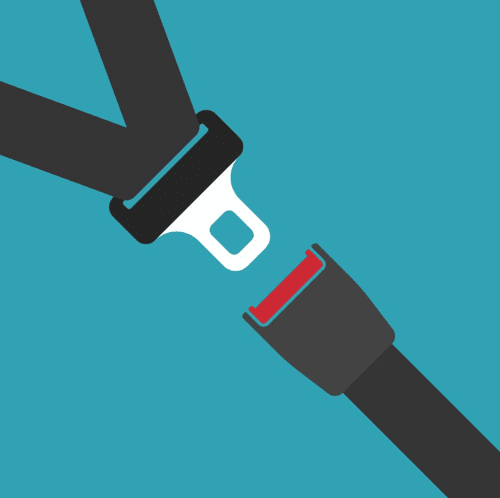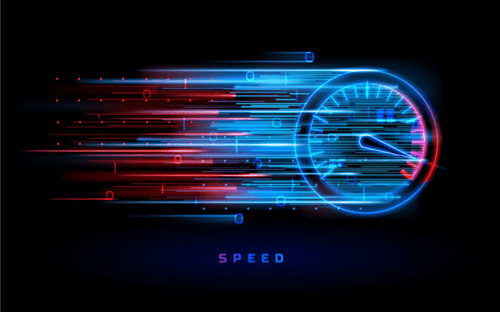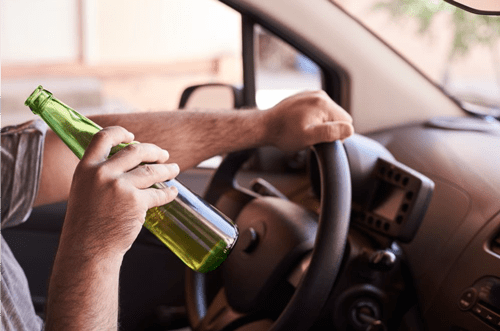- Need Any Help: +1 647-760-5505 or
- info@trubicars.ca

Getting your driver’s license can be an exhilarating experience. Being a driver gives you a new sense of independence and freedom, however, it is important to ensure that you remain safe and responsible behind the wheel, as it’s not just your life on the line when you operate a motorized vehicle, but other lives as well. Here at Trubicars, we know that being a driver on today’s roads can open a wide range of doors for you, whether you will be commuting for business or pleasure, being a safe and responsible driver is a MUST. Along with learning a new skill (such as driving), there are mistakes to be made but those mistakes are easy to correct. Here are a few common mistakes new drivers make and how to conquer them.

Wearing a seat belt is the most effective way to reduce injuries and save lives in traffic collisions. As a driver, you are responsible for wearing a seatbelt and ensuring that.

Speeding is another type of aggressive driving. Although you may be excited to get on the road, or are potentially running late, it’s important that you maintain the posted speed limits. If you are driving at a high speed, you may find yourself unable to control your vehicle during an emergency; thus creating a dangerous hazard. If you are convicted of speeding, you may receive demerit points as well as a fine.
The fine for driving over the speed limit will depend on how fast you were traveling over the speed limit.

Whether it’s a buzzing phone, a chatty passenger, or an interesting sight along the road, distractions are everywhere. Distracted driving is a significant problem and is particularly common among new drivers who may overestimate their multitasking abilities.
When you’re behind the wheel, your focus should be solely on the road ahead. Any activity that diverts attention from driving – like texting or eating – increases the risk of an accident.
To combat distracted driving, set your phone to ‘Do Not Disturb’ mode while driving. Make sure your passengers understand that your focus needs to be on driving. If you need to attend to something that will take your attention off the road, it’s always safer to pull over in a safe place first.
Driving impaired is a serious offense on not only Ontario roads but ALL roads. As a driver, you have a responsibility to remain sober behind the wheel. Impaired driving means operating a vehicle while your ability to do so has been compromised by consuming alcohol, drugs (either cannabis, over-the-counter drugs, prescription medication, or illegal substances), or a combination of the above. You can face charges if your blood alcohol concentration is 0.08 or more.
If you are under 21 years old or hold a G1 license, G2 license, M1 license, or M2 license you cannot have any alcohol in your system.
If police detect and test that you are driving while impaired you can face immediate license suspensions, Fines and reinstatement fees, enrollment into education or treatment programs, vehicle impoundment, or even harsher penalties upon conviction. Avoid impaired driving by assigning a designated driver, using public transport, calling a friend or family member for a ride, using a ride share or taxi service, or staying overnight at your location.
It’s important to remember that driving is a privilege NOT a right. At Trubicars, we recognize and encourage our students to remember that driving is a big responsibility, and it is your duty as an operator of a motorized vehicle to ensure that you remain safe and responsible behind the wheel. If you are looking for more information on common mistakes new drivers make, check out the Trubicars website!

 January 3, 2025 by
January 3, 2025 by Trubicars
Trubicars
 February 13, 2024 by
February 13, 2024 by Reema Sharma
Reema Sharma
 January 17, 2024 by
January 17, 2024 by Trubicars
Trubicars
Once you acquire the knowledge provided in
those tests, you are ready to pass the test,
for the first time.
